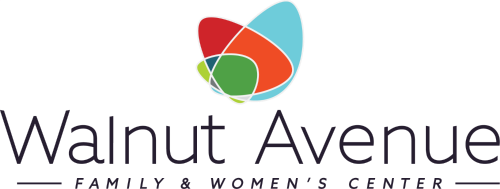
Services for Survivors of Domestic Violence
All of these services are:
Free
Voluntary
Offered in English and Spanish; other languages available via Language Line services
Survivors of all genders, sexual orientations, ages, and personal identities are welcome to participate in all of our services.
-
Our 24-hour domestic violence helpline is available day and night, including all weekends and holidays.
Our helpline advocates provide domestic violence peer counseling, emotional support, information, safety-planning assistance, and resources.
(866) 2MY-ALLY
(866) 269-2559 -
Our advocates are certified under California state law as domestic violence peer counselors. This is non-clinical support in which the counselor supports a survivor in creating safety-plans and strategies, processing their current or recent experience of domestic violence, and developing safe coping strategies.
-
Our support groups are gender-inclusive and offered in either English or Spanish. Some might be offered in person or virtually. Groups that are offered in person are drop-in, meaning that no prior registration is required.
See below for more information.
-
Advocates can provide legal assistance with domestic violence and elder abuse restraining orders.
For more information on our legal advocacy services, please check out this page.
About Our
Support Groups
All of our support groups are free and open to survivors of domestic violence of all genders and sexual orientations unless otherwise specified.
For youth aged 12-18, check out our Teen Group here!
Please note that doors close 15 minutes after our groups begin.
Thursday Family Nights (English + Spanish)
In person at 303 Walnut Avenue, Santa Cruz.
No prior registration required.
5-5:30pm - light dinner
5:60-6:30pm - group
6:30-6:45pm - wrap-up
Childcare provided from 5:30-6:30pm for survivors who are attending the groups.
LGBTQ+ Survivor Support Group (English)
Virtual via Zoom.
Prior registration required through this form.
Every 2nd and 4th Tuesday from 6-7pm Pacific
3 Ways to Connect with an Advocate
Call our 24-hour domestic violence helpline.
Our helpline is available day and night, every day of the year. Helpline advocates provide in-the-moment support and information. Call (866) 269-2559.
Call our main office to make an appointment.
If you call our main office and explain how an advocate can safely contact you, you will receive a call back within 24-48 hours to make an appointment with an advocate.
Stop by our main office during drop-in hours.
Drop-in hours are available on a first-come, first-served basis Monday-Friday, 10am-1pm, at our main office on 303 Walnut Avenue in Downtown Santa Cruz.
Are you a service provider wanting to refer a client or patient to our services?
Please see our explanation about referrals.
The links below are PDFs that can be downloaded, shared, and/or printed for yourself or someone you’re supporting.
Our advocates are always happy to have conversations with you to answer any questions and provide additional information.
